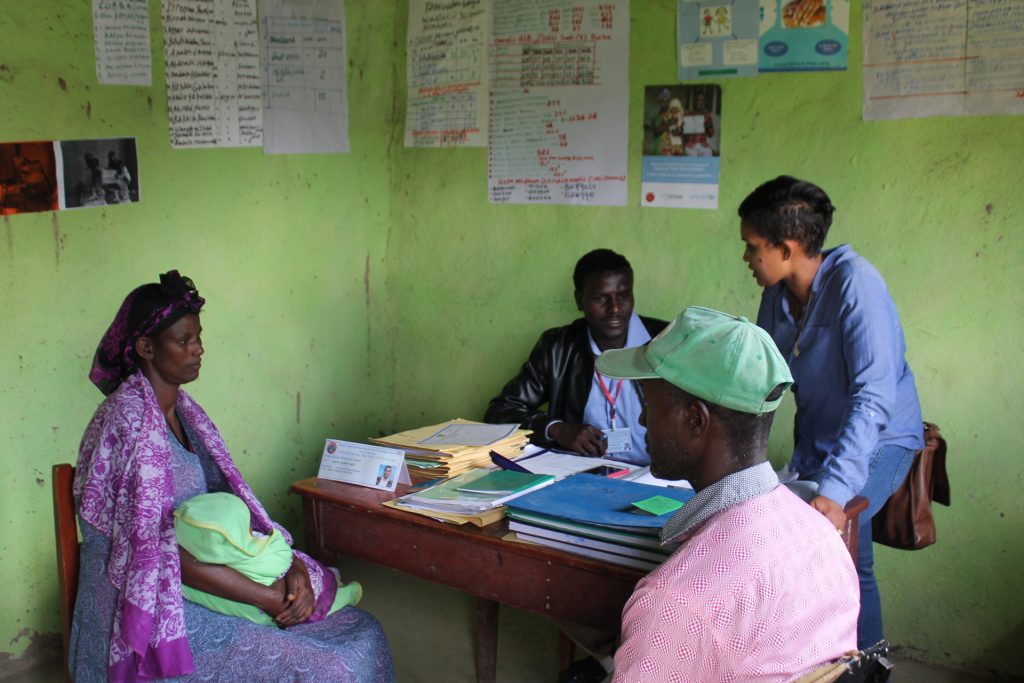The Italian Cooperation has introduced explicit attention to minors through the support to government institutions both in terms of improving institutional and technical capacity of the Agency designated to the registration of vital events, and specifically births, and also strengthening the legal and policy framework in support of minors on the move and other vulnerable minors together with the capacity to respond to and prevent child exploitation and abuse.
The registration of a birth represents the first step towards the recognition of an individual within a society, allowing him/her to access basic services and protecting him/her from abuse and violence. It is in this sense that the Ethiopian Government has outlined a clear path towards the establishment of a Civil Registration and Vital Statistics system at central and peripheral level. The Italian Cooperation’s interventions are in alignment with the strategy of the Ethiopian Government and, specifically, they intend to build the capacities of the officials of the territorial administrative units who should guarantee the registration service and facilitate the achievement of the most isolated and disadvantaged areas.
Our initiatives
Project to Strengthen the Civil Registration System for the Children’s Right to Identity: “Identification for Development” (ID)
The goal of the project is to contribute to children’s right to identity through the improvement and standardization of the Civil Registration and Vital Statistics (CRVS) system in Oromia and SNNPR in order to protect them from violence, abuse, exploitation and ensure their access to basic services. The project presents two components: one implemented by UNICEF and already concluded and the other to dedicate to the involvement of the Italian NGO CIAI. CIAI aims at integrating and consolidating what has already been achieved by UNICEF, especially with regards to the output n. 3 “Improved knowledge of the importance and benefits of birth registration in selected kebeles”, in order to extend the benefits of the intervention and reach the largest number of people within the same kebeles. Specifically, while UNICEF intervened in 50% of the woredas and kebeles of Oromia and SNNP, CIAI acts only in SNNP region which identifies the most isolated and disadvantaged communities as direct beneficiaries. CIAI initiative was conceived with the intention of modifying the surrounding environment promoting actions aimed at recognizing the value of legal identity, especially in terms of protecting the rights of minors and possibility of access to basic services. The component realized by CIAI should end by the end of 2019.
Project to Strengthen the Civil Registration System for the Children’s Right to Identity: “Identification for Development” (ID) – Phase II
The project will target the remaining 50 per cent of the woredas and kebeles of Oromia and SNNP regions and aims at contributing to children’s right to identity through the improvement and standardization of the civil registration and vital statistics (CRVS) system with a focus on birth registration. Currently both regions have expanded the geographical coverage of registration services. In Oromia, 93% of kebeles has provided civil registration services and 92% of kebeles in SNNP has become operational since May 2018. The two regions have improved data quality and interoperability of civil registrations with the health services. During the period January-March 2018, the regional offices of the two regions reported birth registration rates of 12% and 9% respectively for children under the age of one year. The multilateral component is about to end whereas the launching of the new tender for the selection of an Italian NGO will take place in the coming months.
